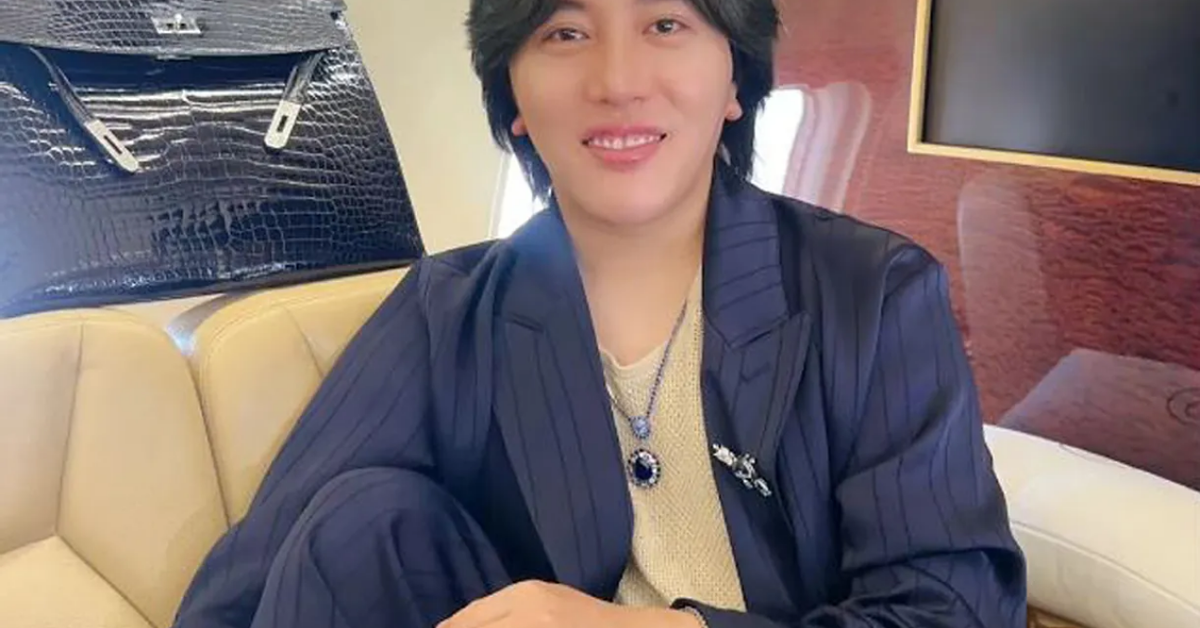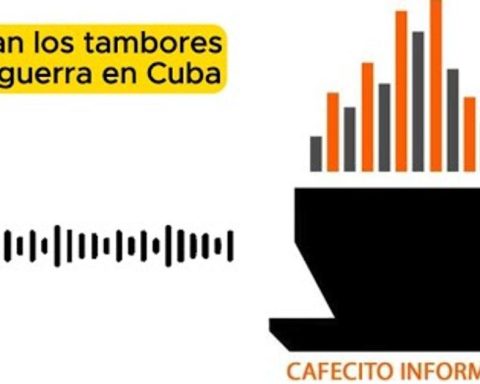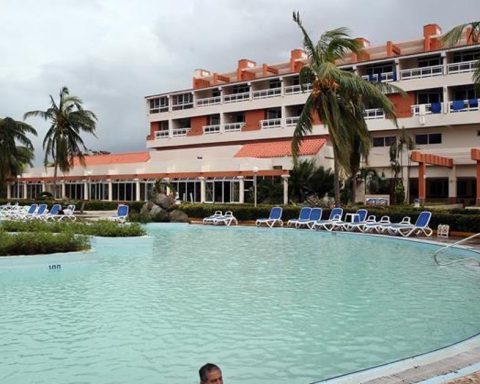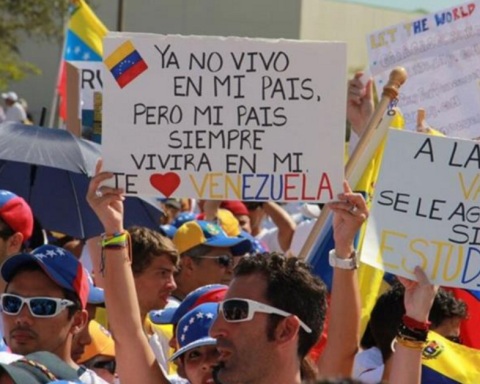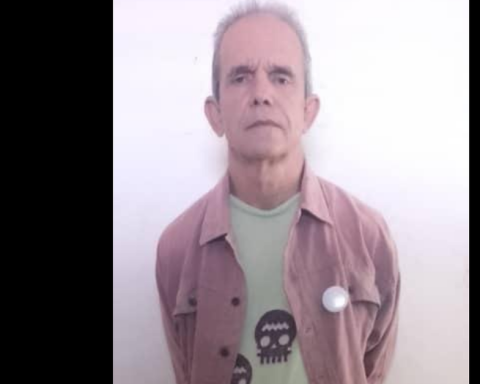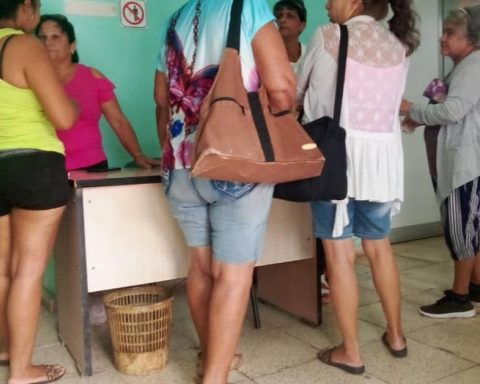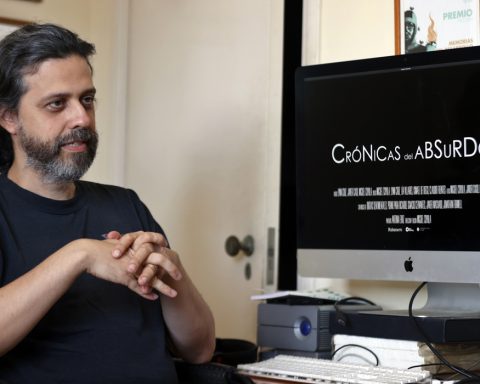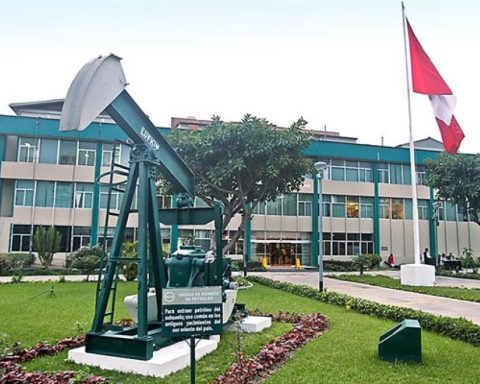Beijing/Several Chinese social media sites have shut down and blocked accounts of influencers known for “flaunting their wealth,” including Wang Hongquan, a celebrity who had earned the nickname “China’s Kim Kardashian” for his lavish lifestyle.
Wang Hongquan (also known as Wang Hongquanxing) had amassed more than 4.3 million followers on Douyin, the Chinese version of TikTok, which is blocked in China, as of last April.
In a recent statement, Wang, 30, said that he never leaves home “without carrying an eight-figure sum of money.”
Wang, 30, said he never leaves home “without carrying an eight-figure sum of money.”
He is also known for his tendency to acquire multiple properties and luxury vehicles, such as Rolls-Royces, something that platforms are now seeking to eradicate following official guidelines that want to avoid “extravagances.”
Other influencers equally known for flaunting their wealth have also disappeared from the platforms at a time when the Asian country is facing an economic slowdown and high youth unemployment figures.
In April, the X-like social media site Weibo, which is blocked in China, announced it would tackle content promoting “negative values” such as “waste and ostentation.”
Other networks such as the video platform Bilibili or the short video app Kuaishou have taken similar steps.
The Office of the Central Cyberspace Affairs Commission launched a month-long campaign against “false information,” “inappropriate content” and “erroneous values.”
Last December, the Office of the Central Cyberspace Affairs Commission launched a month-long campaign against “false information,” “inappropriate content” and “erroneous values” in the short video sector.
The Chinese Internet regulator then targeted behaviour such as “creating schemes to help disadvantaged groups” to “exploit audience solidarity”, “the display of wealth”, “the cult of materialism” and “indulgence in luxury”.
China is the country with the most Internet users in the world, but at the same time one of those that exercises the greatest control over content: popular services in the rest of the world such as Google, Facebook, Twitter, TikTok or YouTube have been blocked in the country for years.
